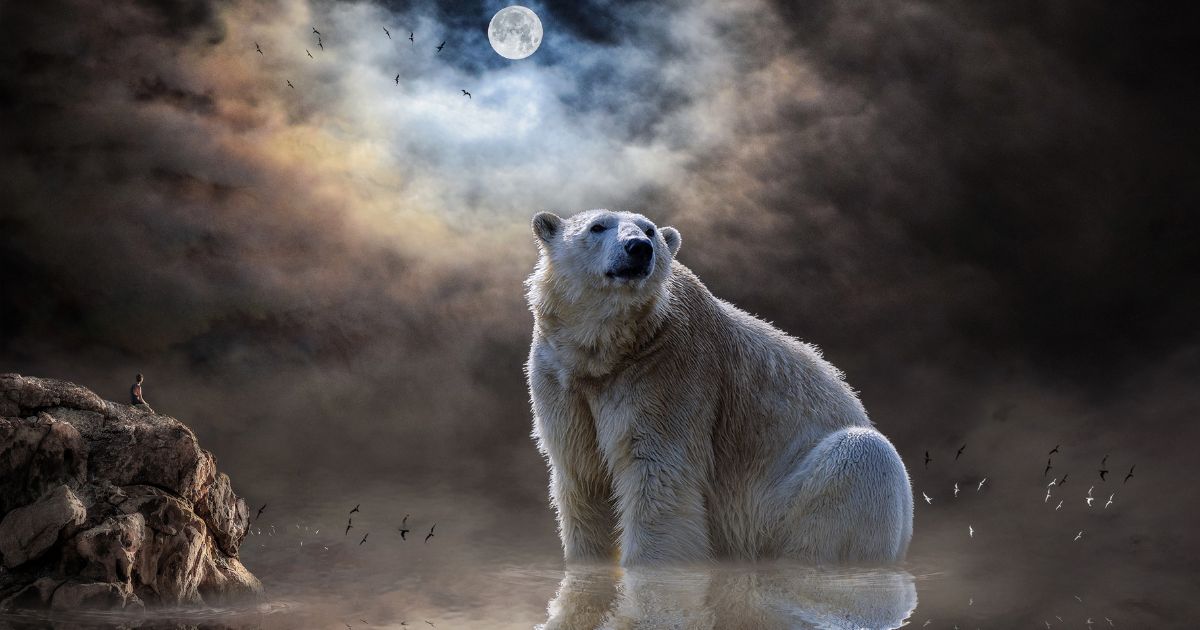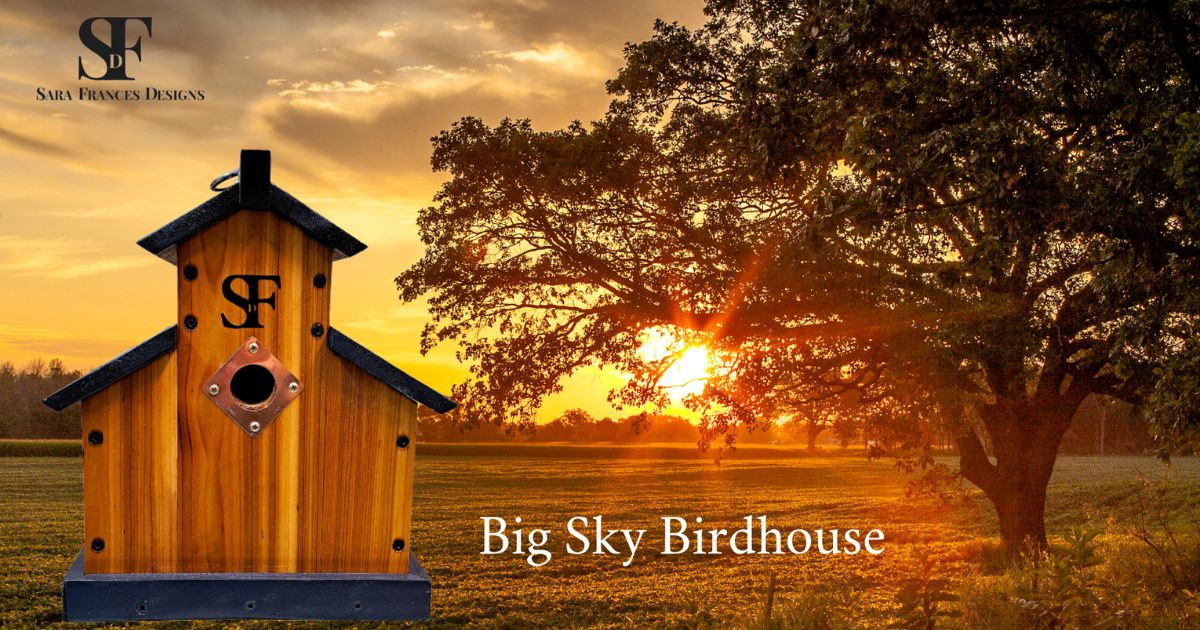“I believed then, as I do now, in the goodness of the published word: it seemed to contain an essential goodness, like the smell of leaf mould.”
– E.B. White
If you were to ask me how I experienced nature as a child, my answer would be milkweed. Beyond the park at the end of our street, there were fields and a forest, and a grove covered in soft, undulating mounds of long grass. Somehow, milkweed pushed itself up through this thatch. If there’s a more interesting plant in Ontario, I’ve never met it. With its muscular pink blooms, velvety green pods, sticky white sap, mesmerizing scales of brown seeds and, of course, the fluff, the fluff, the fluff—just begging to be rubbed on a cheek and then let loose in the wind—I spent a lot of time in the fall just sitting in the midst of milkweed, methodically opening pod after pod, considering how all the elements fit together.
Today, that grove has been replaced with a housing development.
I didn’t grow up to be a botanist. I never had any particular interest in biology class. All the same, the way I experienced nature back then had a profound effect on me: as an academic, I’m attracted to details and complexity—to understanding how parts add up to create a whole, and how things are connected and affect one another.
And my family’s home is much like my childhood home, just outside town, bordering fields and farmlands. In the fall, my children and I walk down our concession to a giant patch of milkweed to pick pods and open them up, to cover ourselves in fluff and watch it fly away. Soon, that patch will be replaced with a housing development.
Living in connection to nature seems to mean living with loss. As the monarch butterfly dies out because milkweed, its lifeblood, is being sprayed out of existence, so too does our childhood experience of monarch butterflies flocking to our gardens.
I thought about milkweed when I read that the Junior Oxford Dictionary was erasing nature-oriented words from the pages of its 2007 and 2012 editions—words like acorn, buttercup, dandelion, fern, mistletoe, pasture and willow—because they were no longer relevant to today’s children. The JOD also added words: words like bullet-point, broadband, celebrity, chatroom and MP3 player.
Granted, as a 40-year-old with children, I’ve never been more attuned to the passing of time. The kids change so quickly—the person they are today always slaying the person they were yesterday—and I struggle with the increasing gap between how old I look and how old I feel.
But even so, doesn’t it feel like time is passing faster than ever? The world we have today is slaying the world we had yesterday, cutting out swaths of land, of words, of childhood. The dictionary is only a reflection of the democratic nature of language: we are forever changing the meaning of words, adding words and leaving words behind.
But still… Fern? Willow? Acorn? These things have been here for thousands of years, and they’re still here, sitting outside our windows and in our parks. Why the rush to decide they’re irrelevant? In exchange, children are given brands and devices that have only been around for a handful of years, and are understood to be temporary, as technology changes and fads fall out of fashion.
My husband and I decided to raise “analogue children,” kids whose experiences are etched in their hands as well as in their minds. Books that have endured for generations show the wear of being read many times by multiple siblings—pages are taped back in place, and sometimes stained with ketchup or soy sauce. Our kids’ fingers have been pricked by raspberry thorns, and their palms have been peed on by toads.
We are, after all, still human. Our bodies, as education guru Ken Robinson has joked, are not simply a way of getting our heads to meetings. We’re more likely to remember and understand something when we write it out on paper, when we feel it on our skin, when we register its smell. A world of screens with manipulated, pre-packaged content can’t replace this.
Because they’re home schooled and because screens have, for the most part, been kept out of their lives, our kids have experienced (and loved) entire books’ worth of “irrelevance”: Anne of Green Gables, The Trumpet of the Swan, Little House on the Prairie… Because, really, if the word “pasture” is irrelevant to children, how can they understand Laura and Mary’s walk to school? The irrelevance of the word leads to the irrelevance of the book. What comes next? The irrelevance of the past?
The word relevant comes from relevere, Latin for “raise up,” and its use is now four times more common than it was in 1900. I wonder if modern life can be defined as the increasing desire to determine relevance, to shrink our lives down to priority lists and personalized algorithms, and to reduce human experience. Children are raised up higher in a world full of words and nature, where nothing is ignored or lost, because everything is relevant.
Latham Hunter is a writer and professor. As a mother of five kids with varying dietary needs, she’s been working on gluten-free, dairy-free, vegan and vegetarian cooking for as long as she can remember. She focuses on sustainable, healthy ingredients, particularly organic, plant-based meals.











